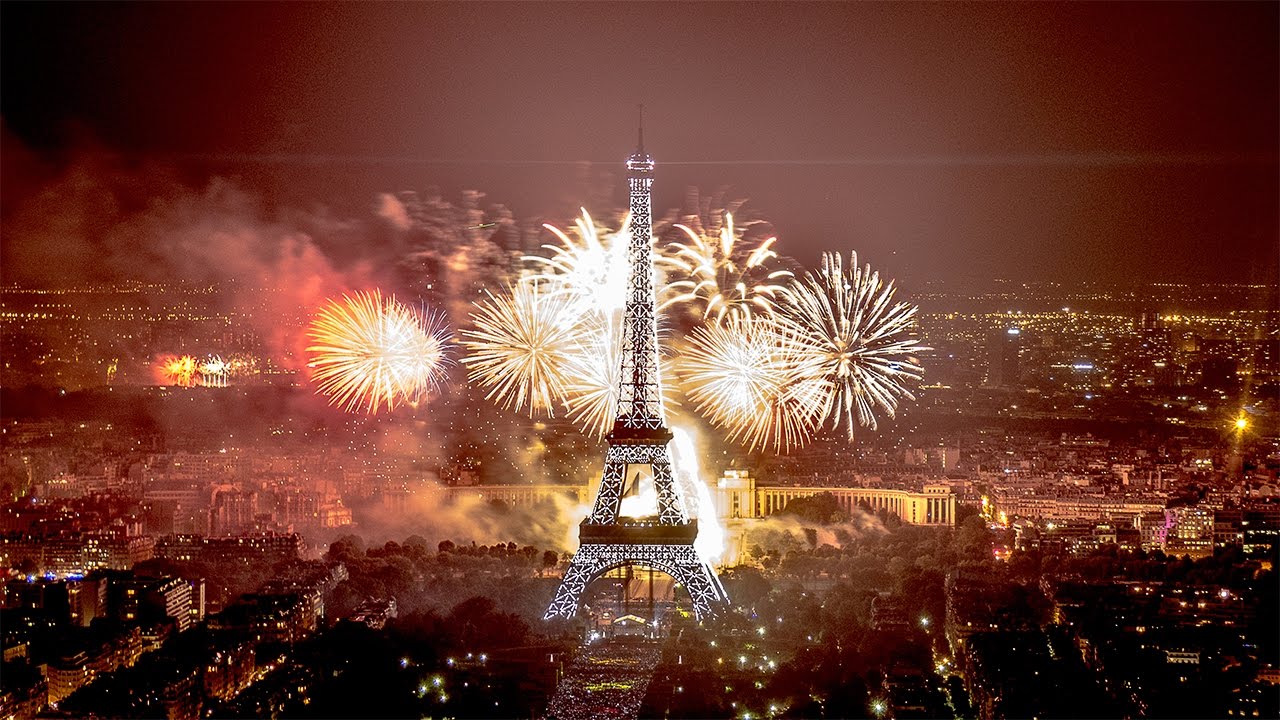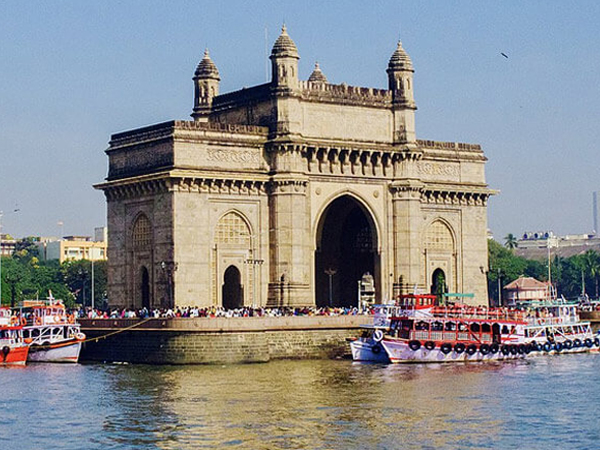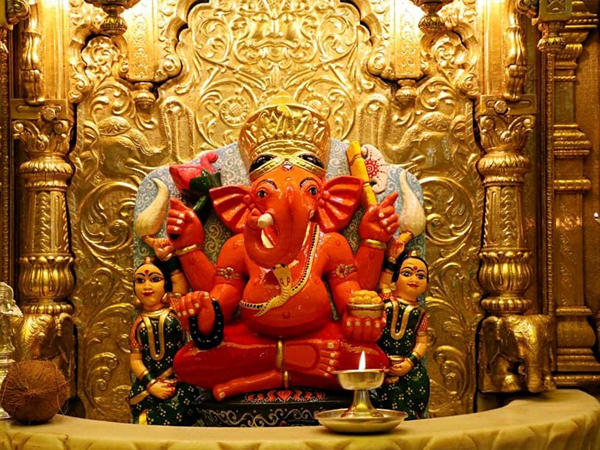In France, the New Year’s celebration begins on the evening of December 31 and carries through January 1. Traditionally, it’s a time for people to gather with family, friends, and community. New Year’s Eve is also known as La Saint-Sylvestre because December 31 is the feast day of Saint Sylvestre. France is predominantly Catholic, and as in most Catholic or Orthodox countries, specific days of the year are designated to celebrate specific saints and are known as feast days. Individuals who share a saint’s name often celebrate their namesake’s feast day like a second birthday.
 French New Year’s Eve Traditions
French New Year’s Eve Traditions
There aren’t too many traditions specific to New Year’s Eve in France however, one of the most important ones is kissing under the mistletoe and counting down to midnight. While there’s no equivalent to the ball dropping in Times Square, in larger cities, there may be fireworks or a parade and there’s usually a big variety show on television featuring France’s most famous entertainers.
New Year’s Eve is most often spent with friends—and there may be dancing involved. Many towns and communities also organize a ball which is often a dressy or costumed affair. At the stroke of midnight, participants kiss and hug one another two or four times. People may also throw confetti and streamers, shout, applaud, and generally make a lot of noise. And of course, the French make “les résolutions du nouvel an” (New Year’s resolutions).
French New Year’s Meal
There’s no single food tradition for the French New Year’s celebration. People may choose to serve anything from a formal meal to something buffet style for a party—but no matter what’s being served, it’s sure to be a feast. Champagne is a must, as are good wine, oysters, cheese, and other gourmet delicacies. Just be careful not to drink too much or you may end up with a serious hangover.

Typical New Year’s Gifts In France
In France, people don’t generally exchange gifts for the New Year, although some do. However, it’s traditional to give monetary gifts to postal workers, deliverymen, the police, household employees, and other service workers around Christmas and the New Year. These gratuities are called “les étrennes,” and how much you give varies greatly depending on your generosity, the level of service you got, and your budget.




